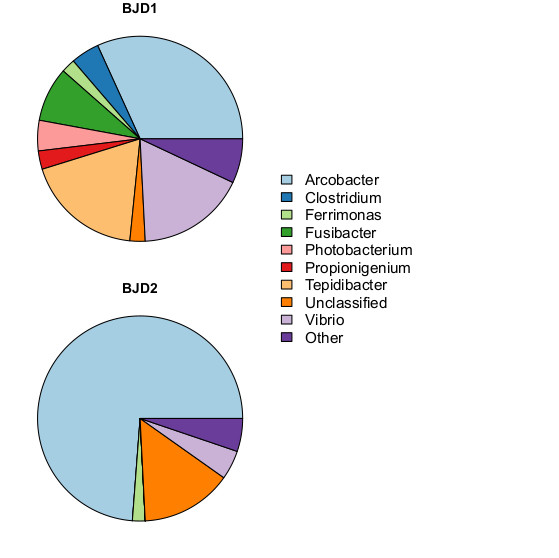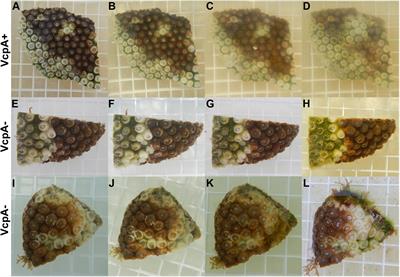After receiving a new AquaBiomics test result, Ive found that I have SCTLD in my system
I have been battling a mysterious RTN/STN event in my tank for months now. All parameters have been great, Ive sent out at least 5 ICP test results and fixed any minor problem I had so I figured it had to be something else, and aquabiomcs provided the answer.
Now, how to fix the problem? Its recently been proven that a new gel Amoxycillen has been proven to work against the disease: https://reefbuilders.com/2021/11/10...reatment-for-stony-coral-tissue-loss-disease/
As this gel is not publicly available yet I am attempting multiple treatments to try and rid the disease. AquaBiomics did post a fantastic article of using Ciprio to cure Brown jelly disease:

 www.reef2reef.com
www.reef2reef.com
So my treatment to try and rid the tank of SCTLD is trying the Ciprio treatment along with Tritons STN-X and RTN-X treatment all at once. All of this is a lot for the tank but I'm at the point of desperation as I'm loosing corals and its only a matter of time until all of them are effected.
If this does fail I am thinking of dosing Amoxycillen to the whole tank as it would wipe out all the bacteria including SCTLD hopefully. But I'm sure I would loose a lot of livestock doing that.
Please anyone let me know your thoughts on this.
-Also wanted to point out that I added 10 pounds of Caribbean live rock to the tank about 6 months ago, this could definitely be the contributor but no way to prove it at this point, but something to keep in mind.
@AquaBiomics
I have been battling a mysterious RTN/STN event in my tank for months now. All parameters have been great, Ive sent out at least 5 ICP test results and fixed any minor problem I had so I figured it had to be something else, and aquabiomcs provided the answer.
Now, how to fix the problem? Its recently been proven that a new gel Amoxycillen has been proven to work against the disease: https://reefbuilders.com/2021/11/10...reatment-for-stony-coral-tissue-loss-disease/
As this gel is not publicly available yet I am attempting multiple treatments to try and rid the disease. AquaBiomics did post a fantastic article of using Ciprio to cure Brown jelly disease:
Intermediate Topic - Experimenting with in-tank antibiotic treatments for Brown Jelly Disease
Brown Jelly Disease (BJD) is an issue many reefers have run into. Like most coral diseases, the pathogen causing BJD has not been conclusively determined. Here I will share some observations and test results supporting the idea that its caused by...
So my treatment to try and rid the tank of SCTLD is trying the Ciprio treatment along with Tritons STN-X and RTN-X treatment all at once. All of this is a lot for the tank but I'm at the point of desperation as I'm loosing corals and its only a matter of time until all of them are effected.
If this does fail I am thinking of dosing Amoxycillen to the whole tank as it would wipe out all the bacteria including SCTLD hopefully. But I'm sure I would loose a lot of livestock doing that.
Please anyone let me know your thoughts on this.
-Also wanted to point out that I added 10 pounds of Caribbean live rock to the tank about 6 months ago, this could definitely be the contributor but no way to prove it at this point, but something to keep in mind.
@AquaBiomics




















